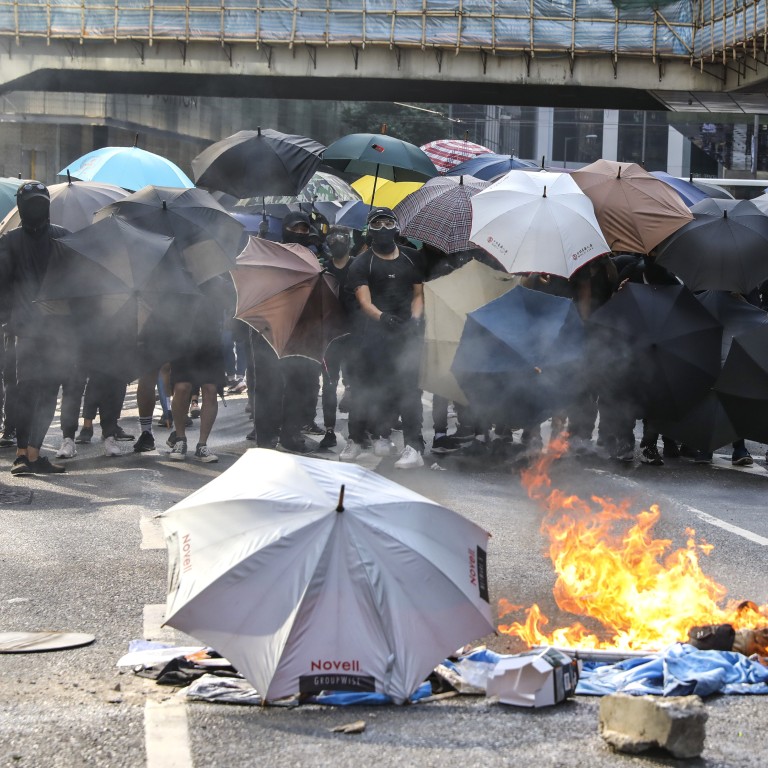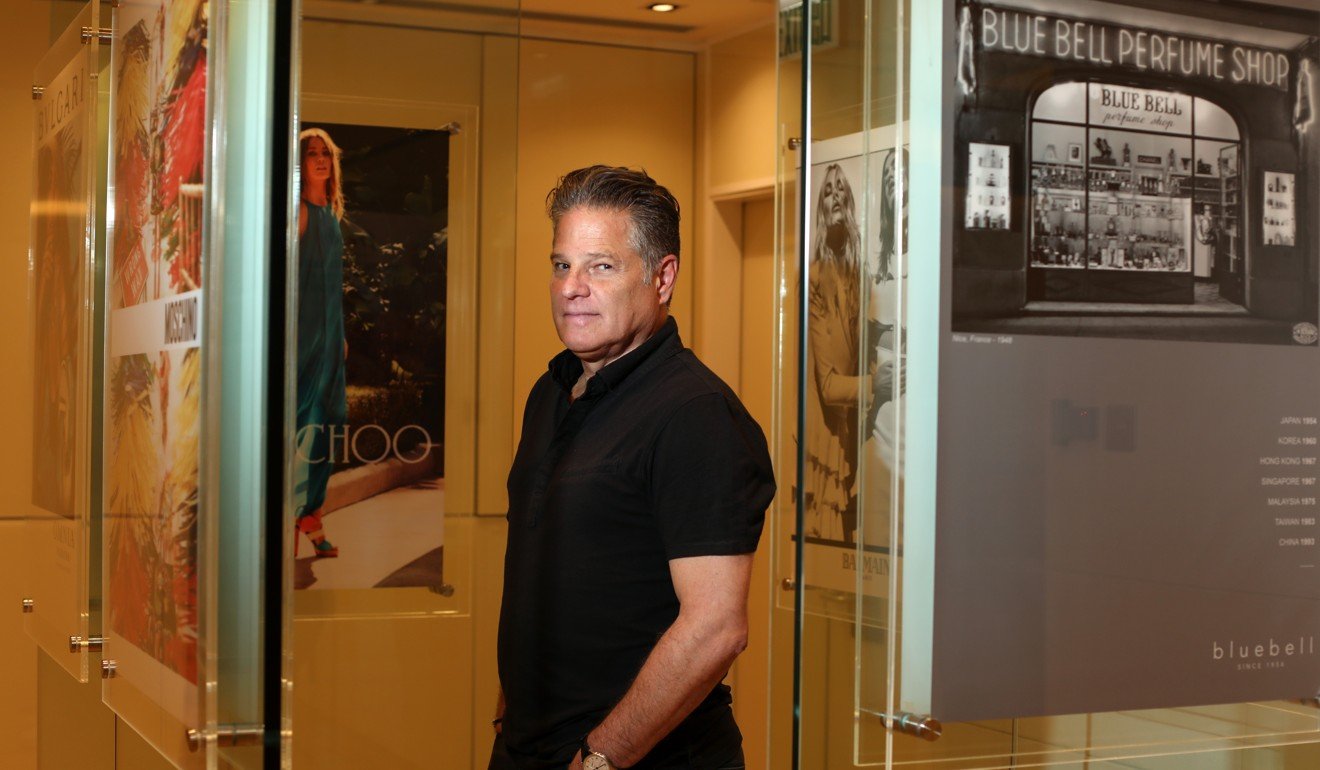
Exclusive | Hong Kong luxury retailers seek more rent relief as protests cut sales in deserted malls
- Concessions from landlords thus far do not reflect the size of the problem caused by anti-government protests, Bluebell CEO says
- ‘No sign of social unrest easing’ as more retailers are shutting down, industry association says
The Bluebell group, Asia’s largest distributor of luxury brands, is asking Hong Kong landlords to share the pain by scrapping the base rent in shopping malls, saying a slump in tourist footfalls will push even more retailers out of business in the coming months.
The group may have to give up two of its 22 stores in 19 malls across the city because short-term rent reduction cannot cover operating costs in stores where sales have plunged as much as 60 per cent during six months of anti-government protests, president and chief executive Ashley Micklewright said.
“The concessions that they have been making so far do not reflect the size of the problem,” Micklewright said in an interview with the Post, referring to rent discounts during the August-October period. “It is not going far enough.”
Hong Kong’s small businesses turn to Kowloon for backup offices to avoid protest hotspots
Bluebell is a family-owned business with an annual turnover of US$2 billion. It has over 150 brand partners and employs about 3,500 people. Across Asia, it markets and generates sales for premium and lifestyle brands such as Bottega Veneta, Moschino, Louis Vuitton, and Victoria’s Secret.
Hong Kong’s economy is now littered with reports of shop vandalism and closures as luxury brands including Burberry have reported slower sales. Prada will not be renewing a lease next year in Russell Street in the city’s most expensive shopping belt.

Bluebell’s call also echoes a plea by the Hong Kong Retail Management Association for more relief to help its 9,000-odd members beat the slump in the coming year-end season. “So far, we have not seen any sign of the social unrest easing,” said Annie Tse Yau On-yee, chairwoman of the industry group. “On the contrary, the market situation has worsened with more and more retailers shutting down.”
Sa Sa to exit Singapore market as Hong Kong retailers face losses amid protests
Bluebell, which had US$50 million of sales in Hong Kong last year, is reviewing the leases on two stores, each with 1,500 sq ft of floor space, Micklewright said, declining to name the location. Rents for both amount to HK$1.3 million a month, or about HK$433 per sq ft.
Bluebell has obtained rent reduction from five landlords, averaging about 15 per cent of base rent, Micklewright disclosed. Still, that is of little comfort because rents typically account for a high 50 per cent of turnover in luxury stores, and 35 to 40 per cent of lifestyle stores.
At Harbour City, the mall owner has not granted any relief although sales have been reduced to 30 per cent of normal volume, he added. Sun Hung Kai Properties has waived rents only on days when its malls are totally shut because of protests. The Festival Walk in Kowloon has remained closed for several weeks after being thrashed by vandals.
Stewart Leung Chi-kin, the executive committee chairman of the Real Estate Developers Association of Hong Kong, acknowledges the difficulties faced by retailers. Some of its members who own major shopping malls are considering relief measures to tenants, he said.
“The portion of rent linked with sales turnover has already declined if tenants do not have business,” Leung said.
The Bluebell group is trying to convince the landlords to “share the pain” by adopting a flexible rent model based on a percentage of sales due to the extraordinary circumstances. He deems the current situation as worse than during the Sars (severe acute respiratory syndrome) outbreak in 2003 and Occupy Central in 2014.
“When are all the tourists going to come back, or even more important, will the tourists ever come back?” Micklewright asked. “There’s going to be more closures, there’s going to be more people getting into financial troubles.”

